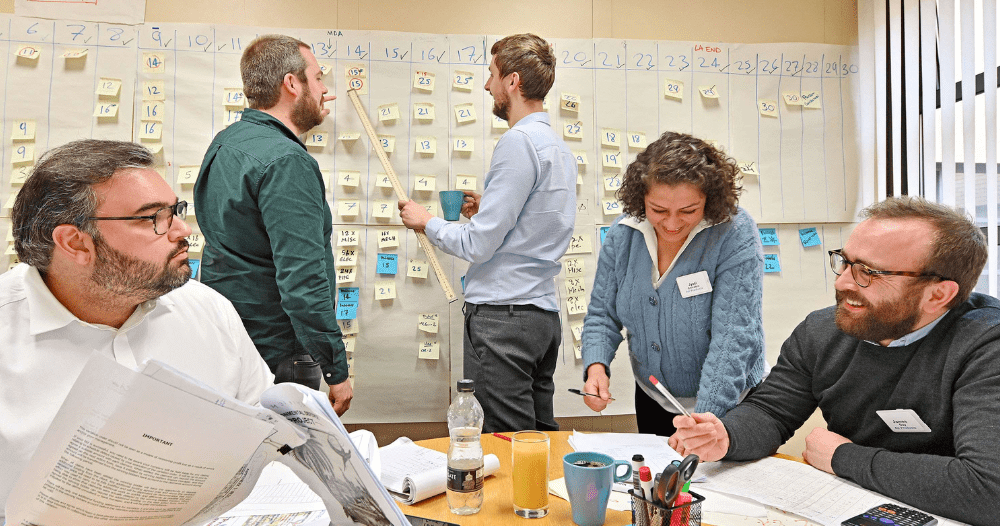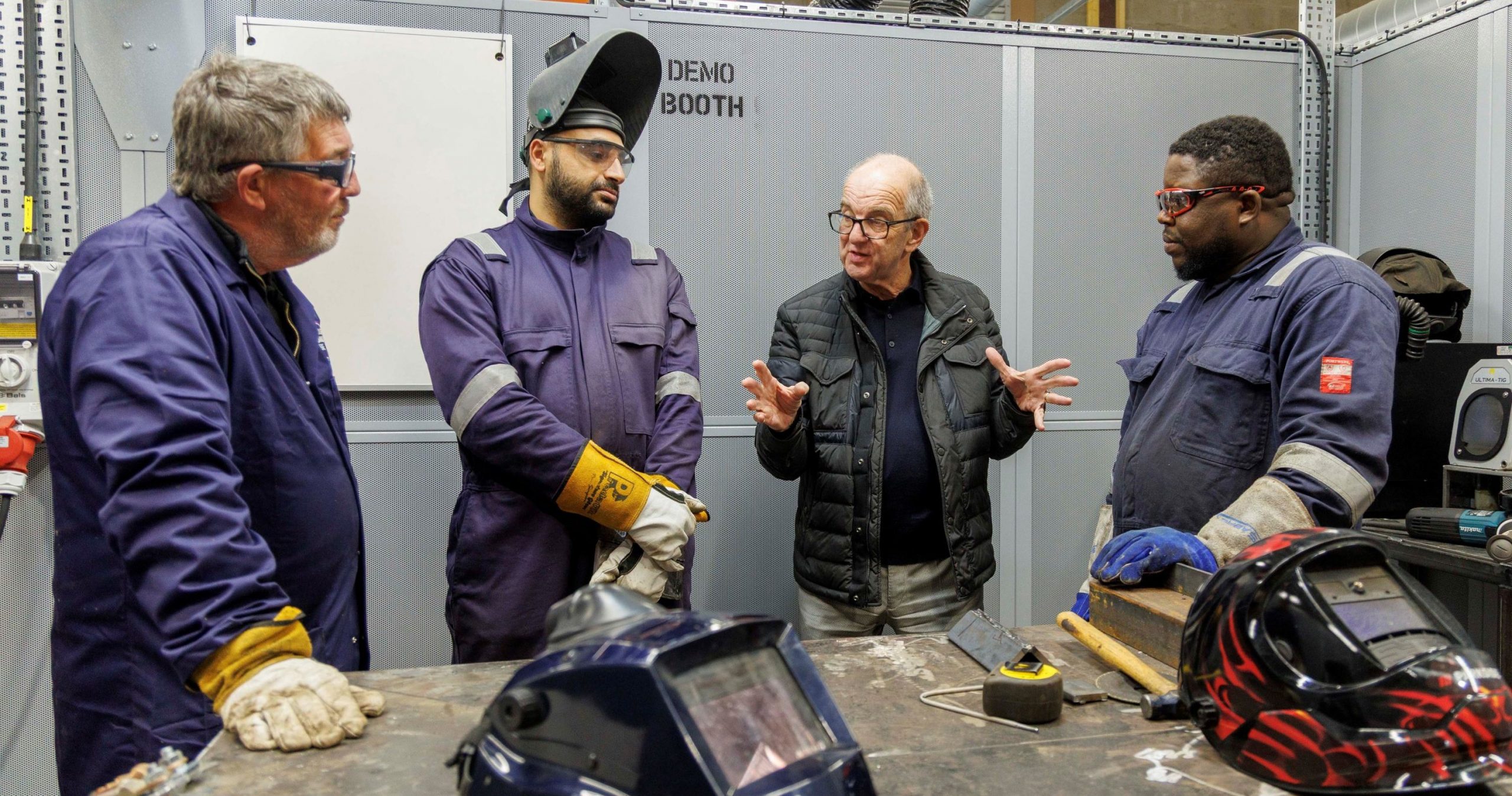Andrew Hockey, the ECITB’s new chief executive, considers what skills for Net Zero means and what the ECITB as engineering construction skills body can do to support the energy transition.
My first week as Accounting Officer and CEO of the ECITB has coincided with Net Zero Week. Throughout the week we have engaged with a multitude of stakeholders and subject matter experts to ensure that skills are central to discussions on the UK’s drive to Net Zero.
Collectively we need to reduce our carbon emissions to combat the effects of climate change. The key step in this monumental journey is the energy transition. As we build new hydrogen and nuclear energy sources and install carbon capture facilities and continue to seek new and innovative sources of energy that can provide a sustainable future, we must first ensure that our existing industry undergoes substantive decarbonisation. These huge projects will require a correspondingly large skilled workforce.
We must also recognise that this transition will not happen overnight. Meaningful, long-term change to energy provision requires innovation, forward-thinking government policies and unprecedented human effort.
Earlier this week my colleagues launched episode three in our net zero podcast series, Collabor8. Joining us on this episode were Debnath Pal from Stopford and Caragh McWhirr from Xodus who brilliantly outlined the importance of hydrogen – what is needed for it to be successful and how we can prepare and deploy the workforce to facilitate its delivery. I recommend that everyone with an interest in skills development, net zero and the future of careers in engineering listen to the entire series.
I was also interested in the Hydrogen Skills Workshop that took place this week at Cardiff and Vale College. Attended by Martyn Johnson, our Head of Strategic Engagement, the workshop was aimed at finding solutions and avoiding skills shortages that would hinder the development of a hydrogen economy in Wales.
Importance of skilled workforce
When we speak of the investments necessary to achieve Net Zero, a skilled workforce will be pivotal.
Whilst we have seen a lot of activity centred around hydrogen, other areas and sectors are also demonstrating significant momentum in their efforts to reduce our dependence on traditional energy sources.
At the end of June, we saw the University of Strathclyde become the first UK university to successfully launch an MSc degree in Offshore Energy Transition. Developed in collaboration with the ECITB, the course has been designed in response to the growing need for energy transition expertise and to facilitate the transferability of workers in our existing offshore workforce and other related sectors who want to bring their skills into the emerging renewable energy industry.
Looking ahead with a focus on securing our collective interests, we need to clearly identify skills gaps and use all our available resources to tackle them.
To that end, the Hydrogen Skills Alliance comprising representatives from industry, academia, research, industrial clusters, government, professional and skills bodies, is leading the work to create the UK Hydrogen Skills Framework. This will ensure the skills requirements for the hydrogen industry are articulated and develop strategies to bridge any gaps.
On behalf of the ECITB I would like to call on all employers to get involved in helping to shape the future of the Hydrogen Skills Framework and ensure the skills-needs of the engineering construction industry are represented in this.
For further information on how you can engage with this please contact Carol Sinclair, Project Manager for Net Zero at the ECITB at carol.sinclair@ecitb.org.uk
Skills are the cornerstone for industry to meet the nations’ energy transition ambitions. I am incredibly proud to have joined the ECITB as we support our industry in the transition to Net Zero.





